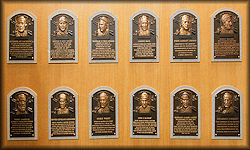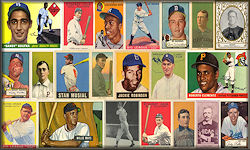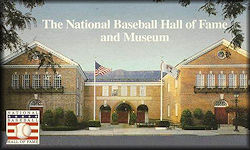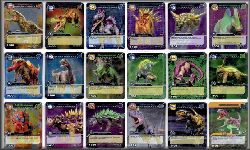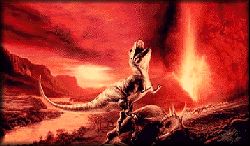A white man, Wilkinson is regarded as one of the most innovative and creative Negro leagues owners. He was the principal owner of the Kansas City Monarchs from 1920-48, one of less than a handful of dominant Negro leagues teams. The Monarchs ruled two separate leagues in two separate time periods. A charter member of the Negro National League in 1920, the team won its pennant four times in the 1920s (1923-24, ‚26 and ‚29). Then, as a charter member of the Negro American League, the Monarchs finished first seven times (1937-42 and 1946).
Wilkinson’s Monarchs also won two of four Negro World Series in which they played. They won the first Series in 1924, defeating Hilldale of the Eastern Colored League. They won the initial Series when the competition resumed in 1942, beating the Homestead Grays.
From 1931-37, when Black league baseball was in difficult financial straits, Wilkinson turned the Monarchs into a pure barnstorming club, drawing on their substantial popularity in the Midwest. To enable the team to play additional games at night in addition to their daytime schedule, and as a drawing card, Wilkinson spent his own money on a portable lighting system, trucking it along behind the team bus when the Monarchs hit the road.
Seven current Hall of Famers elected as Negro leaguers -- Cool Papa Bell, Bill Foster, Satchel Paige, Bullet Rogan, Hilton Smith, Turkey Stearnes and Willie Wells -- played for Wilkinson’s Monarchs, as did Jackie Robinson, Ernie Banks and Elston Howard, among others, before integrating white organized baseball.
Wilkinson began his baseball career in his home state of Iowa, as a pitcher, until he hurt his arm. He then became a baseball entrepreneur, first in 1909 with a traveling women’s team. In 1912, he organized the All Nations in Des Moines. The team, which had Black, White and Indian American players as well as members from Latin America and Asia, was a top barnstorming club until broken up by World War I’s demand for several of its players. Wilkinson by then had made the larger city of Kansas City his base, and reorganized his team as the Monarchs after the war. (Ref: National Baseball Hall of Fame) |
